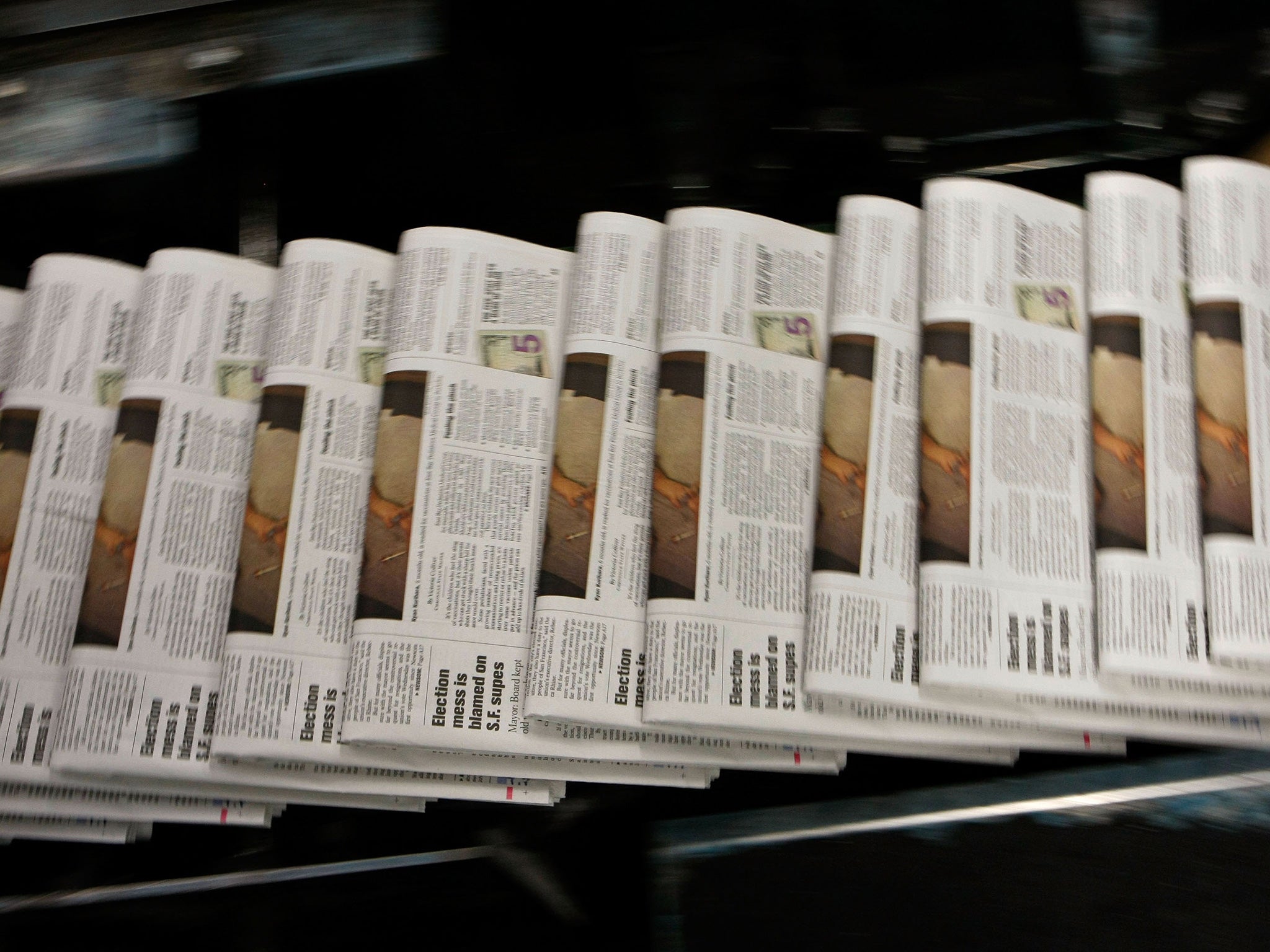Your support helps us to tell the story
From reproductive rights to climate change to Big Tech, The Independent is on the ground when the story is developing. Whether it's investigating the financials of Elon Musk's pro-Trump PAC or producing our latest documentary, 'The A Word', which shines a light on the American women fighting for reproductive rights, we know how important it is to parse out the facts from the messaging.
At such a critical moment in US history, we need reporters on the ground. Your donation allows us to keep sending journalists to speak to both sides of the story.
The Independent is trusted by Americans across the entire political spectrum. And unlike many other quality news outlets, we choose not to lock Americans out of our reporting and analysis with paywalls. We believe quality journalism should be available to everyone, paid for by those who can afford it.
Your support makes all the difference.A reader pointed out a mistake in an online story about the al-Jazeera journalists being held in an Egyptian prison. We confused two of the men, noting erroneously that one of the charges against Mohamed Fahmy was that he had a bullet in his possession. In fact, Baher Mohamed faced that accusation. (By the way, we rejoice that the third journalist jailed, Peter Greste, was released yesterday and deported to Cyprus.)
This was a literal error; the careless but straightforward swapping around of two names with a common element. We amended the article as soon as we became aware of the problem. But should we have done more? The reader argued that we should have footnoted the piece to explain that it had been changed.
Transparency has many merits. Yet it is not particularly uncommon for online material to be amended or updated, mostly as a result of extra information coming to light. To signpost every change would have little relevance to most visiting our website. After all, it is the nature of web use that, for the most part, people tend to read an article once. If you do so at a point when a particular detail is not included, you can count yourself unfortunate. If you come to it after something has changed, the fact of the alteration having occurred is of no consequence.
Interestingly, there is a direct parallel with print newspapers. If a story develops after the first edition has gone to press, reports will be updated for the second. We do not add a note explaining the change from edition to edition and I have never heard it suggested that we do so.
Of course, the difference between print and web is the ease with which changes can be made. If an error does appear, it can be rectified online immediately – and be duly footnoted if necessary. As for the paper, once the presses are rolling it is almost impossible to avoid the distribution of at least some copies containing the mistake. That is when corrections in subsequent editions come into play.
Indeed, the advantage of print for corrections is that, for the most part, our readership is consistent – as is the way in which the paper is read. If we made a mistake on a Monday it is likely that those who saw it will read the corresponding correction on the Tuesday.
Of course, all discussion of footnotes and corrections would be academic if there was never anything to put right, which proves the vital importance of avoiding mistakes in the first place.
Fancy that, not all facts are vital
The outcome of the Greek general election has been the subject of considerable analysis. The personality of the man at the head of the new government, Alexis Tsipras, has been debated too. One reader felt we had plumbed unacceptable depths of tabloid-style trivia by revealing that Tsipras remains unmarried to his childhood sweetheart, with whom he has two children.
However, the only conclusion we drew from this fact was that Tsipras is, compared to his predecessors, not socially conservative – hardly surprising for a communist, you might think. The fact of a person not being married is no secret and nor does it intrinsically cast aspersions on their character.
We have been reminded incessantly in recent times that “the public interest” is not the same as “of interest to the public”. But that is not to say that every detail ever to appear in the media has to be of vital import. There is nothing inherently wrong with publishing information which elicits nothing more than a “fancy that”, provided that it is not genuinely private.
Will Gore is Deputy Managing Editor of The Independent, i, Independent on Sunday and the Evening Standard Twitter: @willjgore


Join our commenting forum
Join thought-provoking conversations, follow other Independent readers and see their replies
Comments